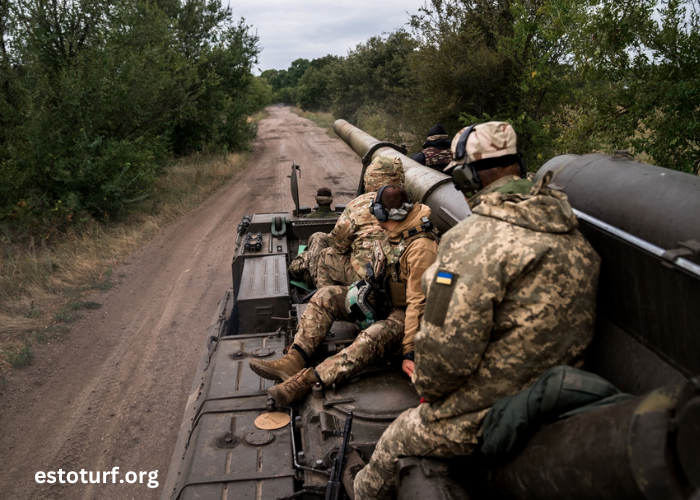The ongoing conflict in Ukraine, often referred to as the “Guerre en Ukraine,” has been a focal point of international concern since its outbreak in 2014. This article aims to provide a comprehensive overview of the causes behind the war, its impact on Ukraine and the broader region, as well as the responses from the international community.
Historical Context
The roots of the conflict in Ukraine trace back to its complex history and geopolitical dynamics. In 2014, Ukraine faced a political crisis when pro-European protests led to the ousting of President Viktor Yanukovych. This event escalated tensions between pro-Western and pro-Russian factions within the country, particularly in the eastern regions where Russian-speaking populations reside.
Causes of the Conflict
- Geopolitical Struggle: Ukraine’s strategic location between Russia and Europe has made it a battleground for influence. Russia views Ukraine as part of its sphere of influence and has opposed its integration with Western institutions like the European Union and NATO.
- Ethnic and Linguistic Divides: Ukraine is linguistically and ethnically diverse, with Ukrainian-speaking nationalists predominantly in the west and Russian-speaking populations in the east. These divides have been exploited by various political factions to advance their interests.
- Crimea Annexation: In 2014, Russia annexed Crimea, a move condemned by the international community and seen as a violation of Ukraine’s territorial integrity. The annexation further exacerbated tensions and contributed to ongoing hostilities.
Humanitarian Impact
The war in Ukraine has had profound humanitarian consequences, affecting millions of people both within Ukraine and in neighboring countries.
- Displacement: Over 1.5 million Ukrainians have been internally displaced due to the conflict, seeking refuge in other parts of the country.
- Casualties: Thousands of civilians and combatants have lost their lives in the fighting, with casualties reported on both sides of the conflict.
- Economic Disruption: The conflict has disrupted Ukraine’s economy, leading to inflation, unemployment, and a decline in living standards for many Ukrainians.
International Response
The international community has responded to the conflict in Ukraine with a mix of diplomatic, economic, and humanitarian measures.
- Sanctions: Western countries, including the United States and European Union, have imposed sanctions on Russia in response to its actions in Ukraine. These sanctions target key sectors of the Russian economy and individuals associated with the Kremlin.
- Diplomatic Efforts: Efforts have been made to facilitate dialogue and negotiations between Ukraine, Russia, and other stakeholders. The Minsk agreements, aimed at achieving a ceasefire and political settlement, have been a focal point of international diplomacy.
- Humanitarian Aid: International organizations and NGOs have provided humanitarian aid to those affected by the conflict, including food, medical supplies, and shelter.
Geopolitical Ramifications
The war in Ukraine has had broader geopolitical ramifications, reshaping relationships between major powers and influencing global security dynamics.
- NATO and European Security: The conflict has heightened NATO’s focus on Eastern European security and raised questions about the alliance’s ability to deter aggression in the region.
- Russia-West Relations: Relations between Russia and Western countries have deteriorated significantly, leading to increased tensions and confrontations in various international arenas.
- Energy Security: Ukraine is a transit country for natural gas pipelines supplying Europe. The conflict has raised concerns about energy security and prompted efforts to diversify energy sources.
Conclusion
The war in Ukraine, or “Guerre en Ukraine,” is a complex and multifaceted conflict with deep historical roots and far-reaching consequences. It has resulted in humanitarian suffering, geopolitical tensions, and significant international responses aimed at addressing the crisis and promoting peace.
As the conflict continues to evolve, the international community faces ongoing challenges in finding a sustainable resolution that respects Ukraine’s sovereignty and territorial integrity while addressing the legitimate concerns of all parties involved. The impact of the war extends beyond Ukraine’s borders, affecting global security, diplomatic relations, and humanitarian efforts.
Understanding the complexities of the war in Ukraine is essential for comprehending its broader implications and shaping effective responses to promote peace, stability, and respect for international law in the region and beyond.
